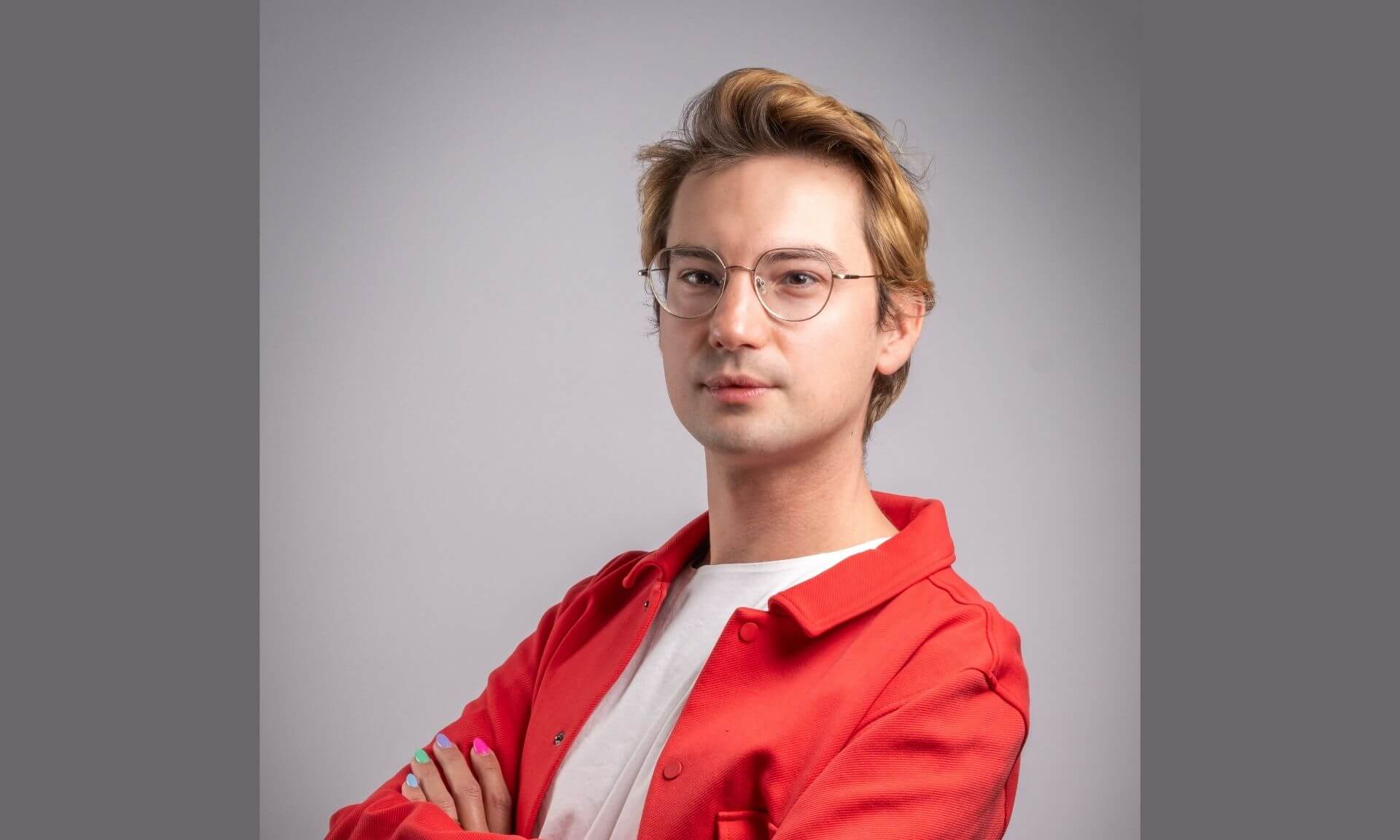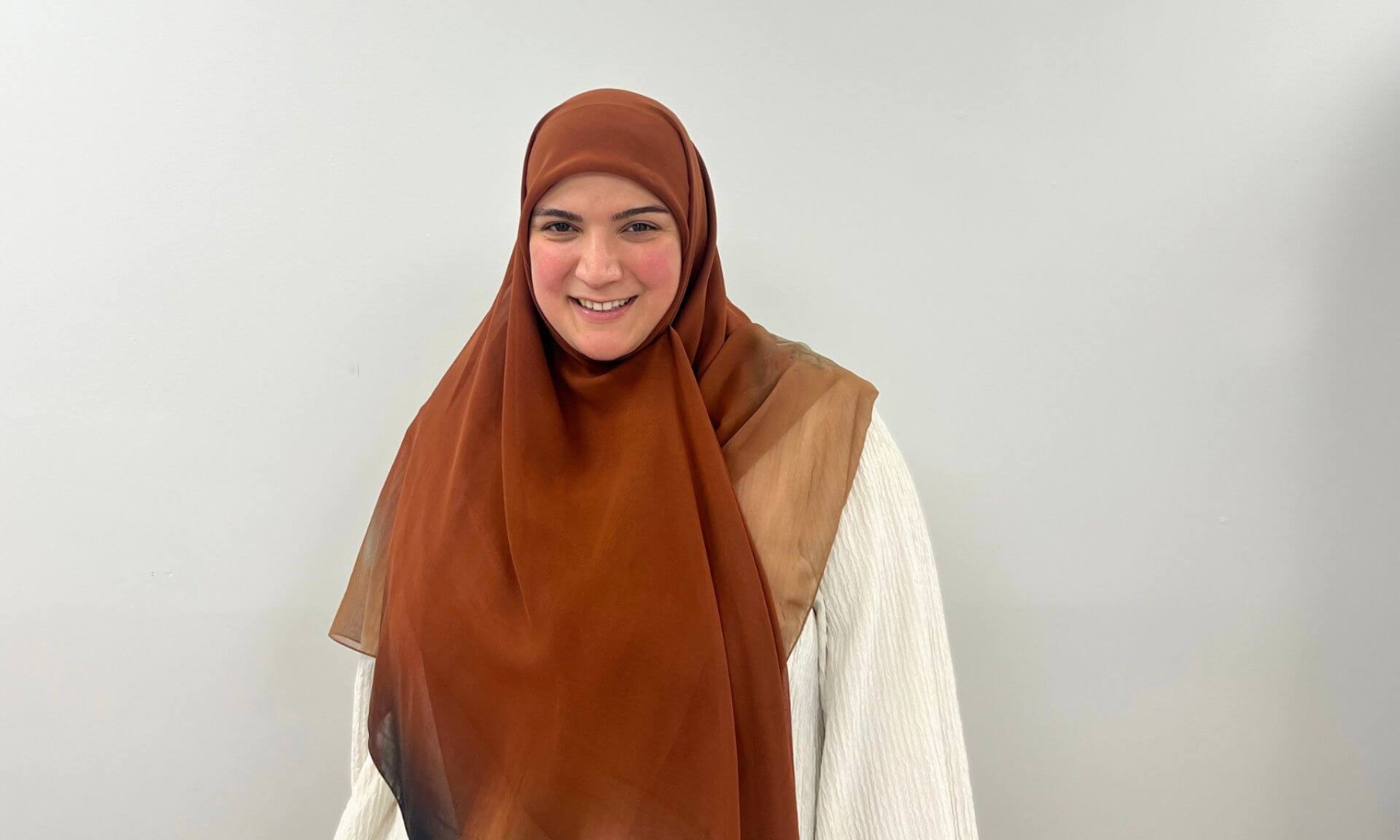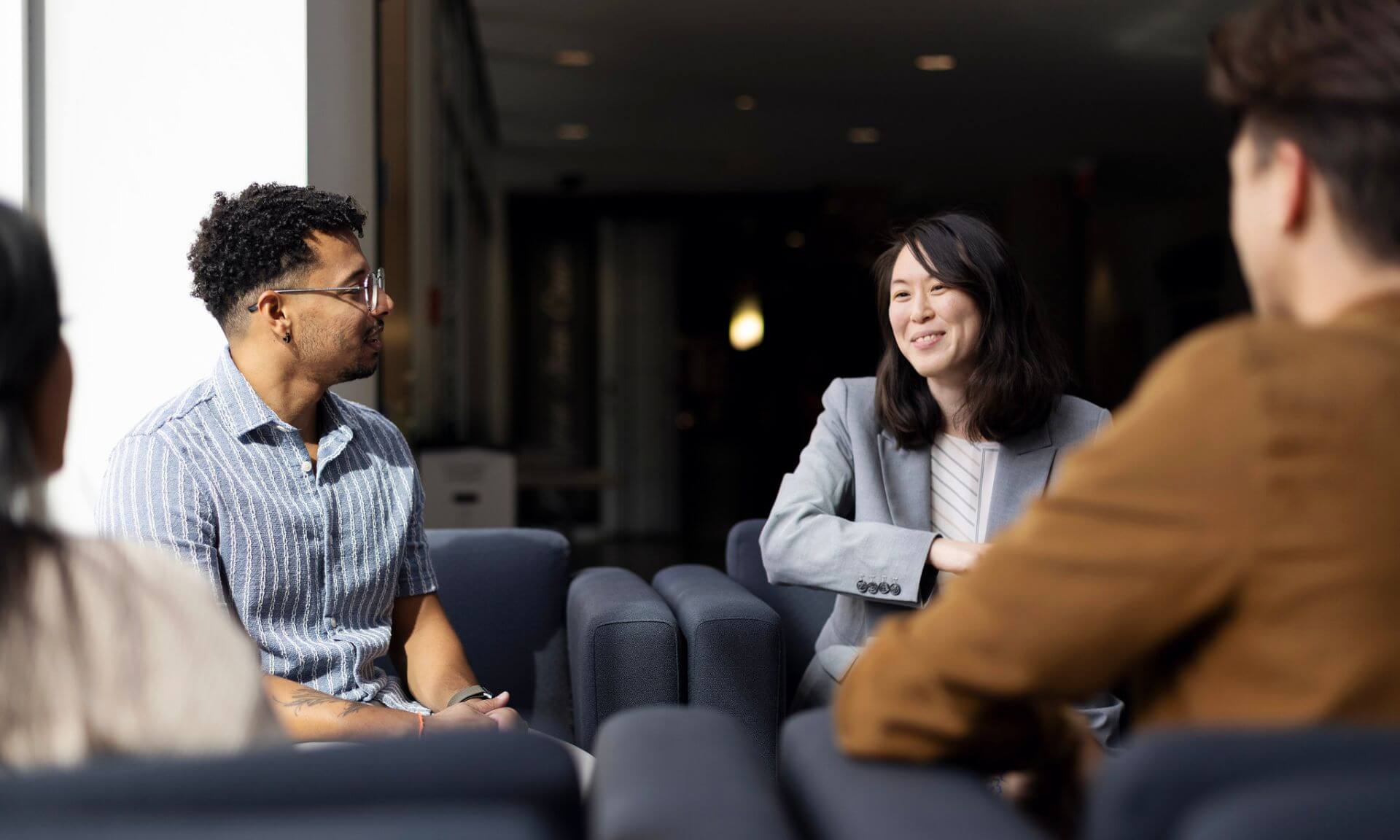For over a decade, Jacques Perreault, an archaeologist and history professor at Université de Montréal, has involved CEGEP students in excavations of the ancient Greek city of Argilos—an experience that often transforms their academic careers.
The UdeM-CEGEP collaboration was the brainchild of Ariane Poulin, head of the Liberal Arts Program at Montreal’s CEGEP de Rosemont. It all began in the fall of 1995, when Poulin, then a UdeM undergraduate, enrolled in Perrault’s Introduction to Greco-Roman Archaeology course. She had found her calling!
Three years later, after earning her bachelor’s degree in history, Poulin joined the excavations at Argilos. It was the first of many summer trips to northern Greece, and the experience inspired her to pursue a master’s degree in classical studies with a focus on archaeology. Her thesis explored the architecture of Building ‘A’ at Argilos.
As Poulin developed her expertise, Perreault gradually gave her more responsibilities at the site, and in 2004 she became a team supervisor for UdeM students. That role prompted her to explore the possibility of expanding this formative experience to include CEGEP students.










